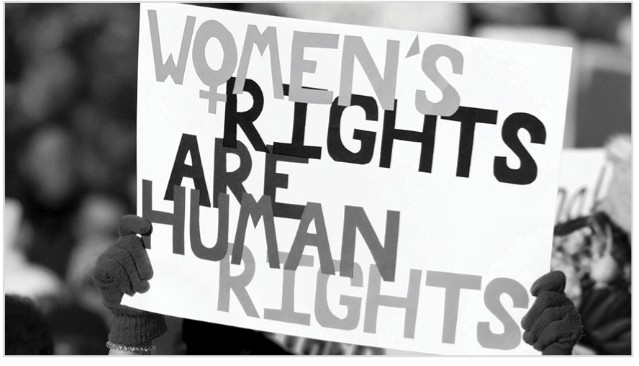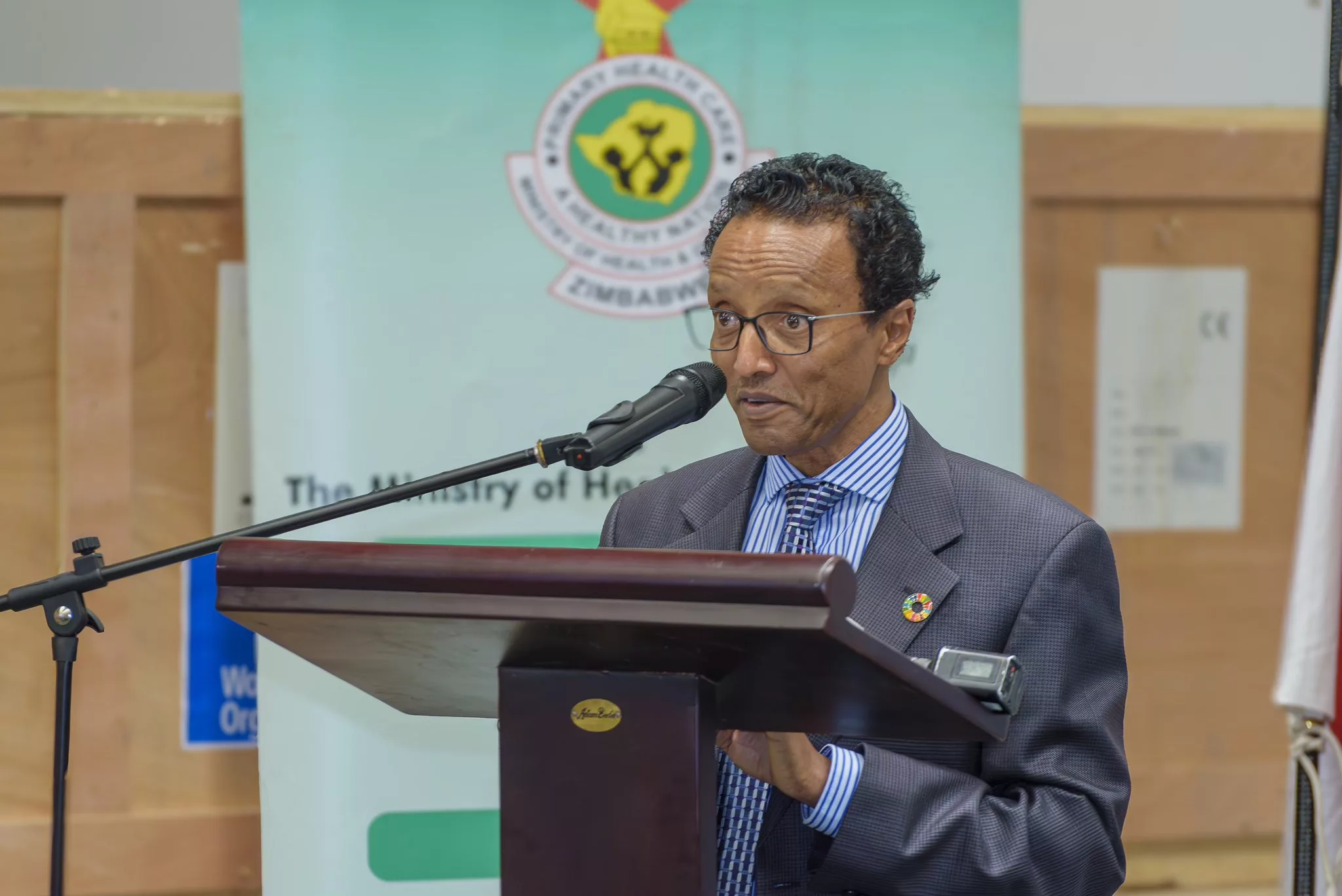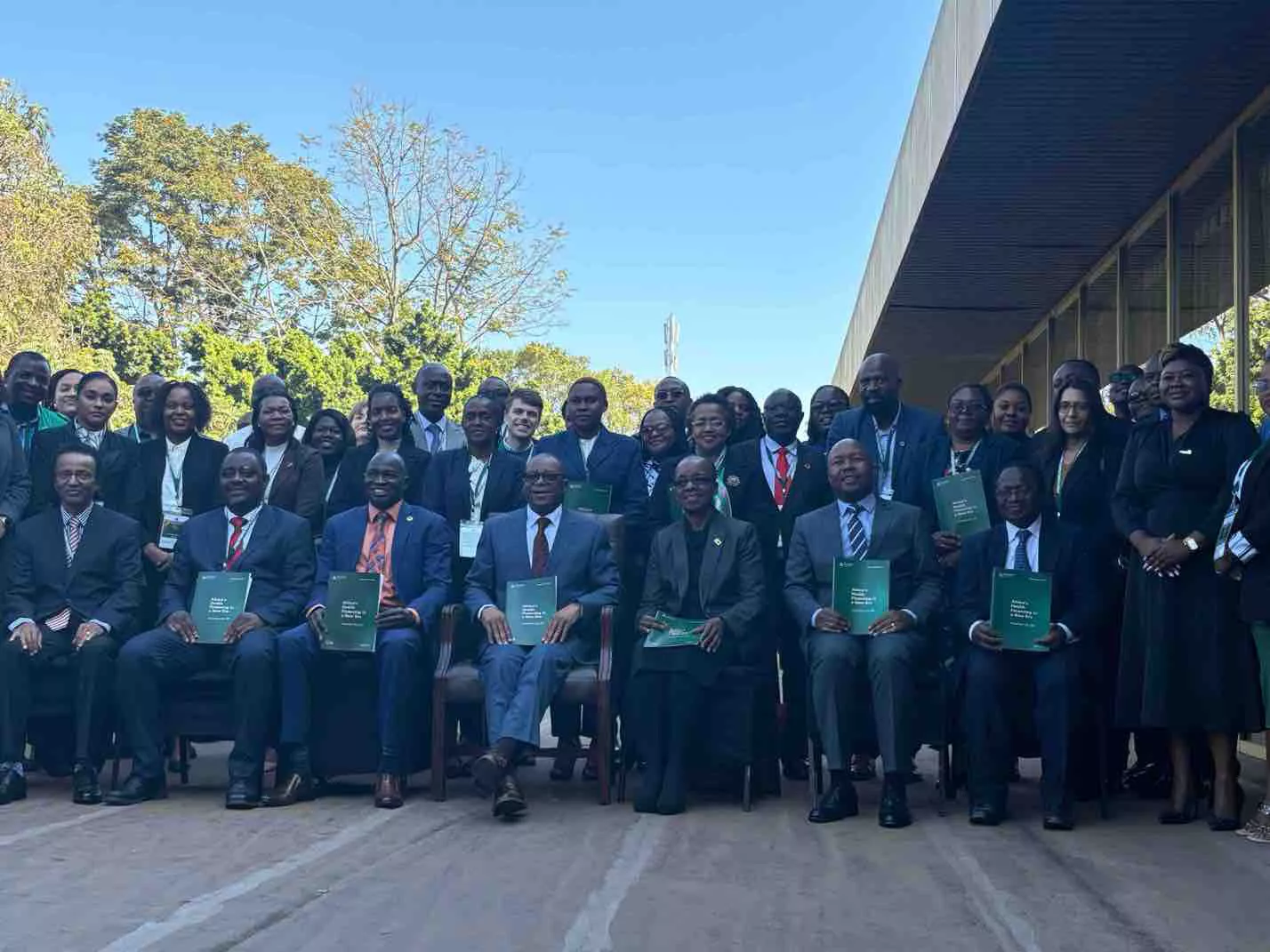|
Getting your Trinity Audio player ready...
|
By Joyce Mukucha
The unprecedented times posed by the global Covid-19 pandemic has brought negative effects on people’s lives and livelihoods and sexual and reproductive health rights(SRHR) were also lost resulting in a truly devasting impact on women and girls’ lives.
Due to lockdowns, movement restrictions and diversion of funds due to COVID-19, access to essential sexual and reproductive health services has been jeopardized with the futures of millions of girls and young women affected.
According to the latest projections, some 47 million women may be unable to use modern contraceptives if the lockdown carries on for six months and up to 7 million unintended pregnancies, with thousands of young lives are at risk with female genital mutilation(FGM) predicted to escalate by 2 million cases.
Among the many benefits of reproductive health are improving family and community well being, boosting economic gains, saving women’s and children’s lives, and greatly curbing the spread of HIV/AIDS, benefits that go a long way in helping to achieve the Sustainable Development Goals(SDGs).
Women’s reproductive rights include: the abortion-rights movements, birth control, freedom from coerced sterilization and contraception, the right to access good-quality reproductive healthcare, and the right to education and access in order to make free and informed reproductive among others.
Reports and researches have already revealed that the Covid-19 crisis threatens to shrink girls’ and young women’s already limited access to sexual and reproductive health information and services.
A new study by Plan International, UNFPA and the Institute for Family Health into the situation among Jordan’s refugee populations observed a 10-20 percent increase in women who have been unable to access family planning services as well as a rise in gender-based violence.
According to Plan International, in the current state of global chaos around the COVID-19 crisis, the impacts on girls and women’s sexual and reproductive health and rights are not making any headlines yet they are encountering a plethora of challenges when it comes to accessing SRHR services.
“Girls and young women faced significant barriers in accessing essential sexual and reproductive health information and services before the COVID-19 crisis. Now, amid a pandemic that is straining even the most robust of healthcare systems, there is a real risk that these rights will move even further from reach.
“With lockdown leading to a shadow pandemic of gender-based violence – and rates of child marriage, teenage pregnancy and FGM predicted to increase exponentially – information and services that protect and promote girls’ and young women’s sexual and reproductive health and rights are more vital than ever,” said Plan International.
Plan International Chief Executive Officer, ,SheDecides 25×25 Generation of Change Young Leader and AB Albrectsen,Sabina Pokhrel recently reiterated that it is high time nations take action to restore women and girls health rights.
To have a better understanding on how difficult it is to access contraceptives and other essential health services, Spiked Online Media conducted interviews with various women and girls.
The majority highlighted that Covid-19 has worsened the already available difficulties they were facing in as much as accessing contraceptives and other essential services such as the right to access good-quality reproductive healthcare.
“We experienced and we are still experiencing lack of access to essential health services such as contraceptives due to a shutdown of services and this means that we are being denied the right to control our bodies and lives,”said a 23 year old Rebecca Mbembe of Warren Park.
Another Warren Park 1 woman said, “Governments must ensure continued access to sexual and reproductive health services, which means keeping clinics open. We encourage government to introduce initiatives that facilitate easy access to contraception during pandemics and lockdowns.”
“Covid-19 has negatively affected us especially when it comes to access sexual and reproductive health services. Due to lockdowns, we suffered a lot because it was difficult for one to travel from one place to the other. I think it is important for the government of Zimbabwe and the civil society organisations to work together to ensure continuity in the supply chain of contraceptives and essential medicines for those living with HIV,” said a 25-year-old Mutsa Nhirimbi of Westlea.
With disruption to schools, other young girls highlighted, encountered a plethora of problems including unintended pregnancies because they could not access contraceptives and as a result they face stigma when they want to return to school to proceed with their studies.
“When schools were closed during lockdown, I fell pregnant and now I want to back to school and I’m facing discrimination. I’m pleading with policy makers to make sure that girls who are in the same situation as mine are not discouraged from returning to school.
“Policy makers must be flexible in their approach to education and making it easy for pregnant girls and young mothers, who often face stigma and discriminatory school re-entry laws, to complete their education,” another Warren Park 1 girl said.
Quite a number of women also explained that during lockdown they were exposed to increased gender-based violence, in particular domestic violence and sexual violence yet they could not access the necessary support they needed.
Other women and girls who spoke to this publication suggested that health services and community centres, new ways of providing information and support to adolescents and young people need to be established.
Some stressed the need to ensure full access to sexual and reproductive health care information, services and goods for all women without discrimination, and with specific attention for women at risk or victims of gender-based violence and other vulnerable groups of women.
“There is need to consider access to abortion care, contraception, including emergency contraception, and maternal healthcare before, during and after childbirth, as essential health care services to be maintained during the crisis and take all necessary accompanying measures,” women pointed out.
They also emphasised the urgent need remove all residual barriers preventing access to safe abortion care such as medically unjustified mandatory waiting periods and the need to authorise telehealth consultations where appropriate and provision of emergency contraception over the counter without a prescription.
“It is important to address misinformation, gender stigma and norms that affect women’s access to reliable, evidence-based information on their sexual and reproductive rights,” added another young woman.
Articulating on the knock-off effects of Covid-19 on girls and women, the report by Plan International and UNFPA indicated that complications from pregnancy and childbirth is the leading cause of death for girls aged 15-19, and is known to increase substantially in crisis settings.
Plan International’s Living Under Lockdown report found that when schools were closed during the Ebola crisis, there was a steep increase in unintended teenage pregnancies and a staggering 75% increase in maternal mortality over just 18 months.
The impact of the Covid-19 pandemic also weigh heavily on rural women who encounter numerous constraints in accessing affordable, adequate health services in rural areas (for example clinics, hospitals, reproductive health/family planning and counseling), according to UN Women Watch.
“This includes affordability, restrictions on their mobility, and a lack access to transport or means for contacting transport (for example cell phone). Holistic health services that address the physical, as well as mental and emotional well-being of rural women (e.g. responding to gender-based violence) are needed in rural areas.”
Last week, the independent UN expert on the right to health, Dr. Tlaleng Mofokeng reminded Member States in the General Assembly that sexual and reproductive health rights are human rights citing that it was essential to restore services in the field, that have been eroded during the COVID-19 pandemic.
“Millions of women globally had limited or no access to maternal and new-born healthcare, some 14 million women lost access to contraception, and specialized services for victims of gender-based violence became inaccessible, when they were needed most”, said Dr. Tlaleng Mofokeng.
According to UN News, in presenting her report on the effect of the pandemic on physical and mental health services, she also spoke of “new measures and laws in place across regions, further restricting access to safe abortion, a component of sexual and reproductive services encompassed in the right to health”.
As part of the right to health, the UN expert called on States to move beyond the COVID-19 pandemic to rebuild and strengthen health systems for advancing sexual and reproductive health rights for all.
“Governments must remove obstacles and ensure full access to quality services, including maternal health care, contraception and abortion services, screening for reproductive cancers and comprehensive sexual education”, she said.
However, Dr. Mofokeng noted that many obstacles continue to stand between individuals and their exercise of their rights to health, rooted in patriarchy and colonialism, and others in structural and systemic inequalities.
“Patriarchal oppression is universal, permeates all societies and is at the very origin of the erosion of autonomy and the control of girls and women’s bodies and sexuality to the detriment of their enjoyment of sexual and reproductive rights”, she spelled out.
“Colonialism has permeated patriarchy across regions and its legacy continues today through laws, policies and practices that deny or restrict sexual and reproductive rights and criminalize gender diverse identities and consensual adult same-sex acts”, added the Special Rapporteur.
She reminded governments that sexual and reproductive health rights are rooted in binding human rights treaties, jurisprudence, and consensus outcome documents of international conferences.
“I call on States to respect and protect key principles of autonomy, bodily integrity, dignity and well-being of individuals, especially in relation to sexual and reproductive health rights”, she said.
Reiterating the need to restore sexual, reproductive health rights lost during COVID, she pledged to engage with States and all relevant actors to uphold the right of everyone to the enjoyment of the highest attainable standard of physical and mental health.
Meanwhile, international organisations such as Plan International are making working tirelessly in supporting different countries health ministries to deliver essential sexual and reproductive health services (outreach and mobile clinics) to the most vulnerable populations during the pandemic to ensure the supply chain for is not disrupted as well as facilitating the referral of young people to these services.
In its programmes, Plan International is using a range of innovative methods to ensure that ut reaches children and young people of various countries with vital information including radio, TV, mobile apps, video animations, songs and phone hotlines.
Plan International is also raising €100 million to protect some of the world’s most vulnerable children and their communities from the impacts of COVID-19.
Its response is covering more than 50 countries, and is focused on assisting children particularly girls, who are disproportionately affected by the crisis.






